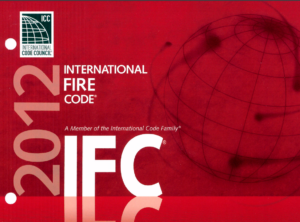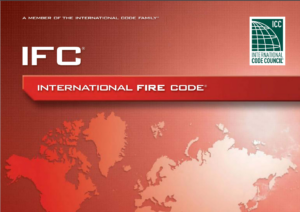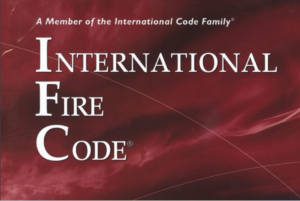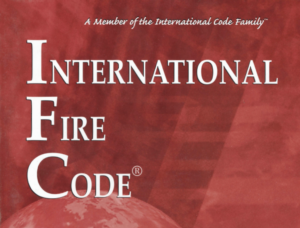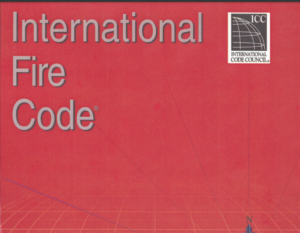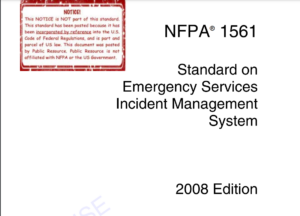The 2006 edition of the NFPA 54, known as the National Fuel Gas Code, is a comprehensive guide developed through a consensus standard process approved by the American National Standards Institute (ANSI). This edition, officially recognized as ANSI Z223.1-2006, continues to build on previous versions by incorporating changes and updates necessary for the safe installation and operation of fuel gas piping systems and equipment on consumer premises.
The code outlines the essential safety measures for the construction, installation, and maintenance of gas systems, extending from the point of delivery to the appliance connections. It sets the maximum operating pressures and details requirements for design, materials, assembly, inspection, and testing to ensure public safety in the use of gas. It also covers the installation requirements for appliances and related equipment, focusing on safety in combustion and ventilation.
Significant updates in this edition include revised steel, copper, and polyethylene pipe sizing tables, modifications to appliance shutoff valve requirements, and reorganized definitions and chapters to enhance clarity and usability. These revisions aim to accommodate modern practices and technologies in gas utilization while ensuring compliance with safety standards.
Moreover, this code serves as a unified standard to address the needs of various stakeholders including safety authorities, architects, designers, and builders in the gas industry. It provides a single authoritative document that encapsulates the safety requirements for fuel gas systems, promoting a uniform approach to gas safety that is adaptable to the latest technological advances and regulatory requirements. This edition of NFPA 54 is a critical resource for professionals involved in the design, installation, and regulation of fuel gas systems, ensuring that all practices conform to the highest safety standards.

